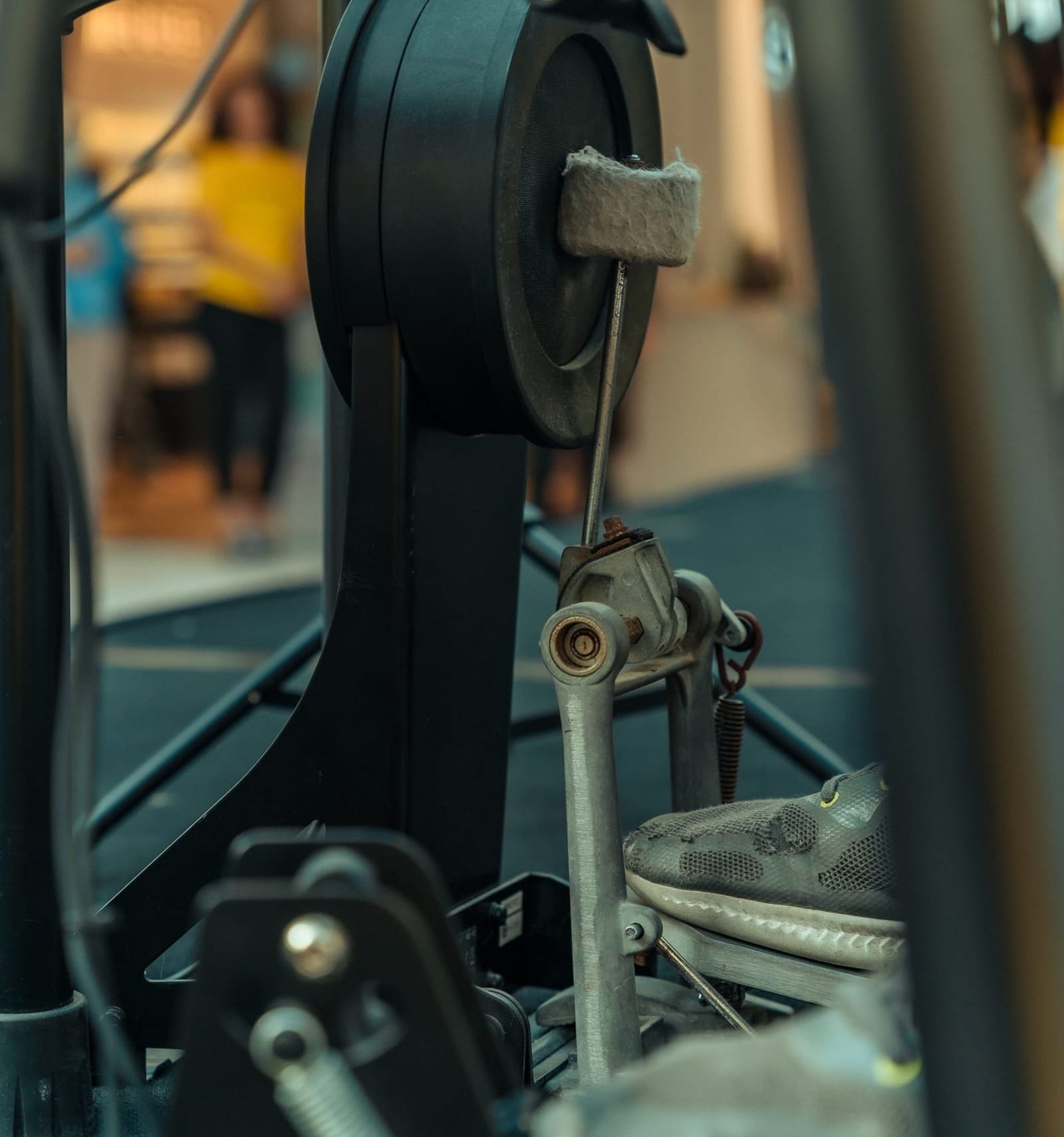The Importance of Technical Exercises in Learning Music Instruments
Though less thrilling than learning songs, technical exercises are vital for becoming a skilled, well-rounded musician. By mastering the basics, you’re better prepared for complex pieces and can play with more confidence and creativity.

Learning an instrument is a balance of creativity and discipline. Technical exercises build the foundation needed to grow as a musician, benefiting both beginners and advanced players.
Building Muscle Memory

Technical exercises help create muscle memory, so your fingers, hands, or mouth naturally respond without thought. This lets you focus more on expression and timing.
Improving Dexterity and Speed

Scales and repetitive patterns strengthen your fingers and increase speed. This agility helps with faster, challenging pieces and fluid transitions between notes.
Enhancing Coordination

Playing instruments often involves coordinating hands, fingers, and even feet. Exercises strengthen this coordination, allowing you to handle complex musical phrases more easily.
Improving Precision and Accuracy

Precision in music is key. Technical exercises improve accuracy by training you to hit notes consistently, reducing errors in performances.
Developing Finger Independence

Many instruments require fingers to work independently. Exercises build this flexibility, especially for instruments like piano and guitar, where finger independence is crucial.
Strengthening Your Foundation

No matter how advanced you get, technical exercises reinforce core skills essential to musical growth, just like athletes build strength through basic drills.
Conclusion
Though less thrilling than learning songs, technical exercises are vital for becoming a skilled, well-rounded musician. By mastering the basics, you’re better prepared for complex pieces and can play with more confidence and creativity.
Find us on Social Media
Subscribe to Soundskool's blog for more insightful articles!

